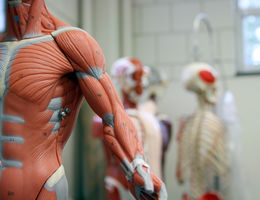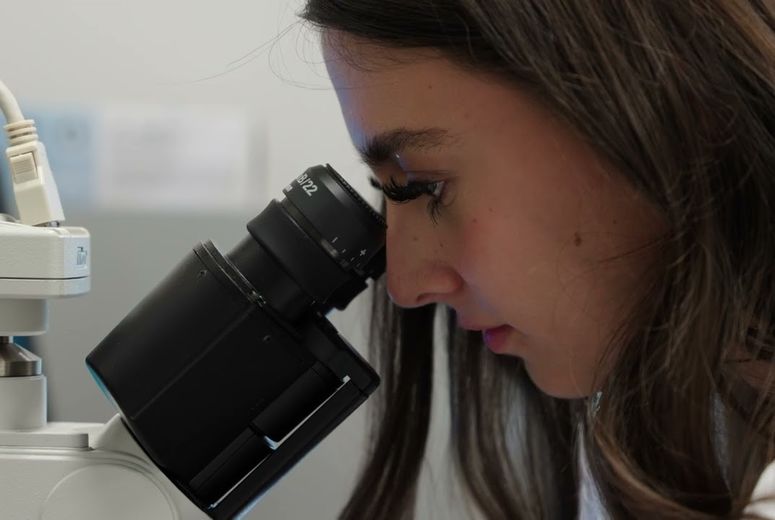
The IBGS program provides an individualized, diverse, and multidisciplinary learning environment for students to develop the knowledge, skills, and creativity necessary to succeed in evolving biomedical disciplines.
Loma Linda University School of Medicine offers an Integrated Biomedical Graduate Studies program (IBGS) leading to an MS or PhD degree in four areas.


Cancer, Developmental, and Regenerative Biology (CDRB)

Infection, Immunity, and Inflammation (III)

Neurosciences, Systems Biology and Bioengineering (NSBB)
Integrated Biomedical Graduate Studies Program Information
Application Process
The application process begins with the student filling out an online application. Although applications can be submitted until May 1 for the academic year beginning in September, decisions regarding stipend support are typically made during the month of February. Therefore, early application is strongly encouraged.
Curriculum Overview
The first-year core curriculum explores the biochemical, molecular, cellular, and physiological functions of living systems in a way that emphasizes analytical thinking and problem-solving skills. During this first year, students also participate in a weekly journal club, attend seminars, and rotate through research laboratories.
After completing the first two quarters of the year of study, students select a program and a specific laboratory from which they wish to complete their dissertation research. Program-specific courses are taken, starting during the third quarter of the first year. Independent original research leading to the publication of peer-reviewed articles and culminating in the successful defense of a doctoral dissertation is required for the awarding of the program-specific degree.
Students accepted into the Integrated Biomedical Graduate Studies Program will be expected to arrive on campus in mid-September to attend an orientation session for new students and the annual Basic Science Research Symposium held annually in late October. The orientation session, which occurs before the beginning of formal instruction, will provide information on the basic tools for research, acquaint new students with relevant resources and regulations as well as safety training. Together, the new student orientation session and symposium are designed to give incoming students an overview of the research performed at Loma Linda University as well as to provide a forum for faculty to share their research and foster collaborations among the research groups.
The curriculum for MS students will vary somewhat depending on the department requirements but is generally closely related to the curriculum for Ph.D. students.
Read more about curriculum details here.
Tuition and Wavers
Students entering the Ph.D. program are awarded a tuition and fee waiver plus a stipend for living expenses. The intent of the stipend is to provide enough financial support for a modest lifestyle, allowing students to give 100 percent of their time and effort to the academic program. The stipends are awarded to students accepted into the Ph.D. program with no regard for financial need or visa status. Renewal of the stipend for the first two years is dependent on satisfactory progress in the program; in most cases, the stipend will be the responsibility of the student's laboratory beyond the second year of studies.
Master's students are not eligible for these stipends or for tuition waivers.
Master's Degree
Both thesis and non-thesis (coursework) tracks are available to students pursuing MS degrees. The individual programs are responsible for defining the specific requirements for these degrees. In general, the thesis option requires both the successful completion of coursework and the preparation and oral defense of a thesis based on a research project. The coursework option requires the completion of additional coursework and the passing of a written comprehensive examination.
MD/PhD Combined Degree Program
A combined degree program, which allows students to earn both a PhD and an MD degree, is also available.


